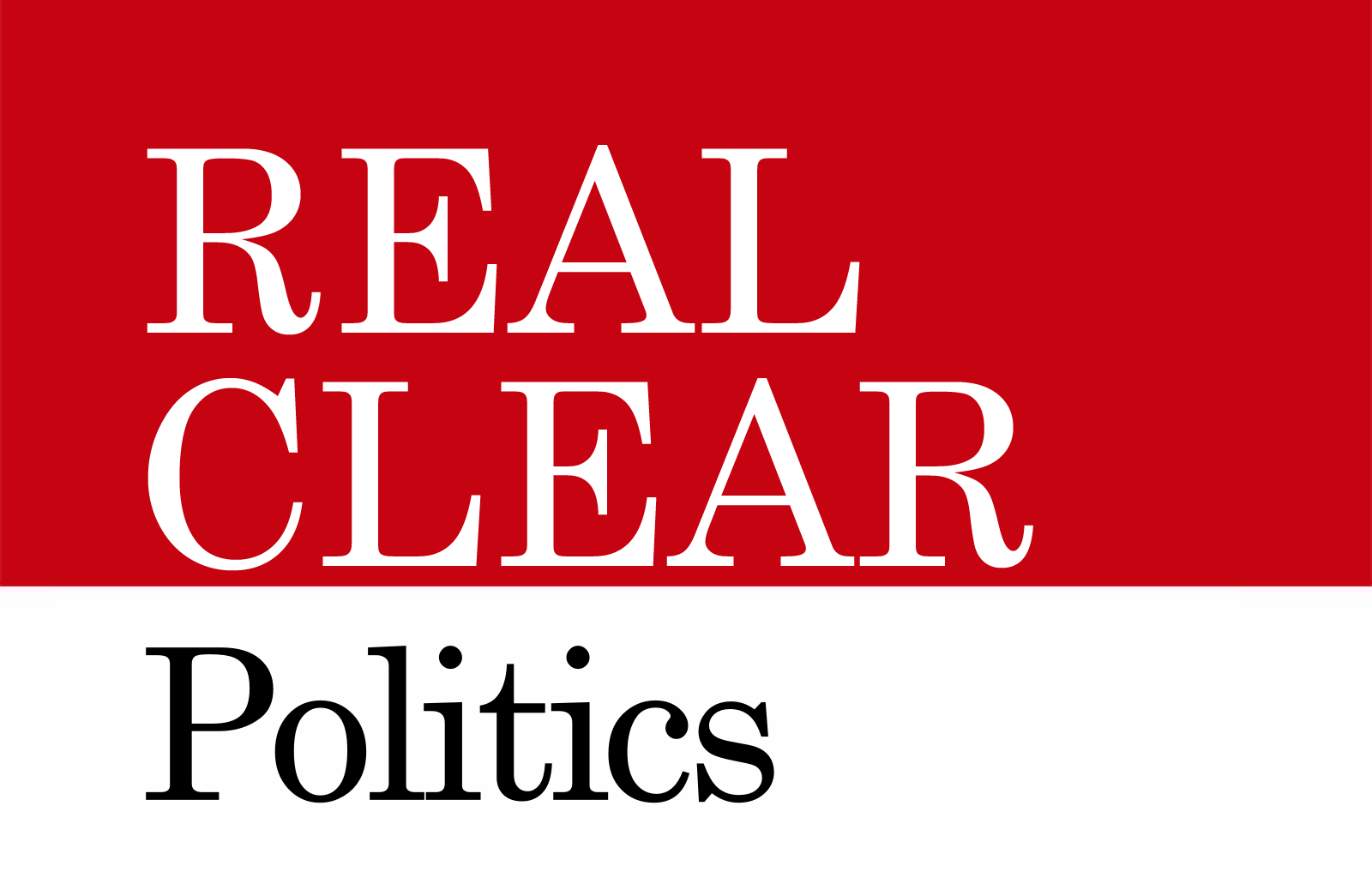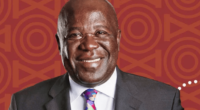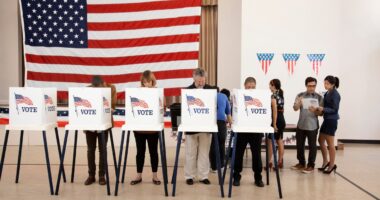On the eve of a big national election, it is easy to get swept up in the excitement of presidential politics. The White House, after all, is often called the highest office in the land. But in all the turbulence that comes with campaigning, it can be too easy to lose sight of the enduring things that really matter. As if to remind us that we should not overly focus on presidential politics, Justice Felix Frankfurter once said, In a democracy, the highest office is the office of citizen. This is a lesson we would do well to remember.
Of course, this suggests the importance of voting in a presidential election or any election at any level of government. We the People hold in our hands the decisions about the representatives who are to conduct the daily work of governing. Thats why every vote matters and of all people I would know. I won my first election for the Washington State House of Representatives in a recount by a mere 29 votes out of 52,000 cast.
But even with the signal importance of the act of voting, there is far more to being an American citizen.
When I was a Boy Scout, to earn my Citizen in the Community Merit Badge, I had to participate in discussions with the merit badge instructor about civics. One of the prompts, as I recall, was, Discuss the ways that you can demonstrate citizenship. We listed off some obvious items: obeying the law, voting, taking part in public meetings, even running for public office items that would likely make it onto most Americans lists when faced with this question.
Yet much of the time today, we simply vote and then back away from civic life, watching other people run our democracy. And the picture isnt always pretty.
What happens to a free society when citizenship is disconnected from our daily lives? The great business teacher Peter Drucker described the consequences of doing this.
Without citizenship, Drucker wrote, the polity is empty. There can be nationalism, but without citizenship, it is likely to degenerate from patriotism into chauvinism. Without citizenship, there cannot be that responsible commitment that creates the citizen and that in the last analysis holds together the body politic. Nor can there be the sense of satisfaction and pride that comes from making a difference. Without citizenship, the political unit, whether called the state or empire, can only be a power. Power is then the only thing that holds it together.
Citizenship, and the political order of which it is a part, is about far more than voting for president every four years. American democracy is more than the presidency.
Citizenship is also about being willing to serve in public offices at all levels of government. According to University of Virginia political scientist Jennifer Lawless, there are 519,682 elected offices in America, with the vast majority of those at the state and local level. Nineteen thousand, or less than 5%, serve in state government offices, while more than 95% occupy an array of local posts ranging from fire commissions and school boards to city and town councils and county commissions.
As Daniel Stid points out in a recent essay for Democracy Journal, Given our preoccupation stoked by the polarization-industrial complex with the Thunderdome of national politics, it is easy to forget the United States is a profoundly decentralized democracy. The bulk of the policies, funding, and services that directly impact Americans day-to-day lives are governed at the state and local levels. The citizens who serve at these levels have an incredibly important role to play in our self-governing society.
But citizenship goes even further than that. All of us, all the time not just at election time, and not just those who hold formal offices have an ongoing responsibility.
As citizens, we are more than voters, more than taxpayers, and more than mere clients who pay for benefits. We cant look to someone else to take care of us its up to We the People to govern ourselves, whether in our neighborhoods or in major cities across the nation. The more we expect the government in the abstract to cater to our needs, the less likely we are to do what is needed in our own capacity as citizens.
Beyond the government, citizenship is also about the capacity of individual persons, and the communities of which they are part, to make a difference in the lives of people around them. Self-government means that we take care of ourselves, our families, and our communities without a central power needing to step in and plan for us.
Finally, citizenship entails the responsibilities we owe to our families, our neighbors, and our fellow citizens throughout the country. It requires that we practice certain civic virtues, made possible by a certain kind of intellectual formation that allows us to participate in shared endeavors with one another, regardless of our vocation or status. The same civic energy that should motivate us to participate at all levels of government should also shape our homes, our workplaces, and our houses of worship.
So, on Tuesday, lets be sure to vote. And after that, regardless of the outcome and all that will inevitably be said about the reasons for hope or despair, lets step up and do our part in the highest office in the land.




